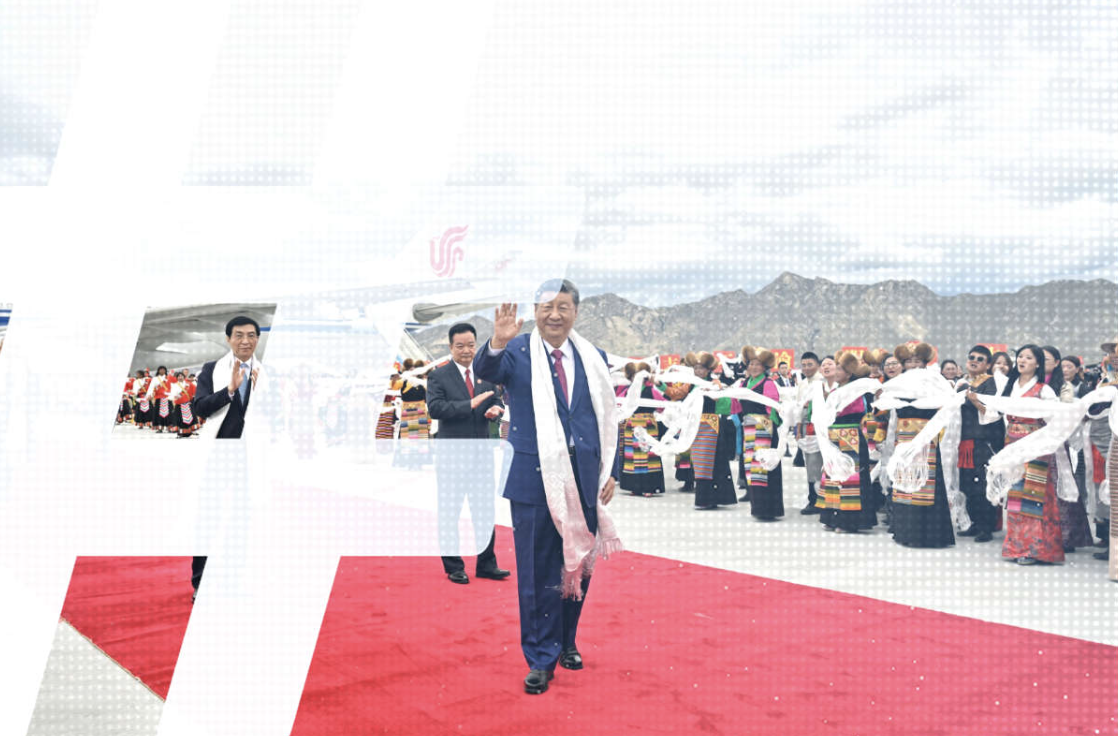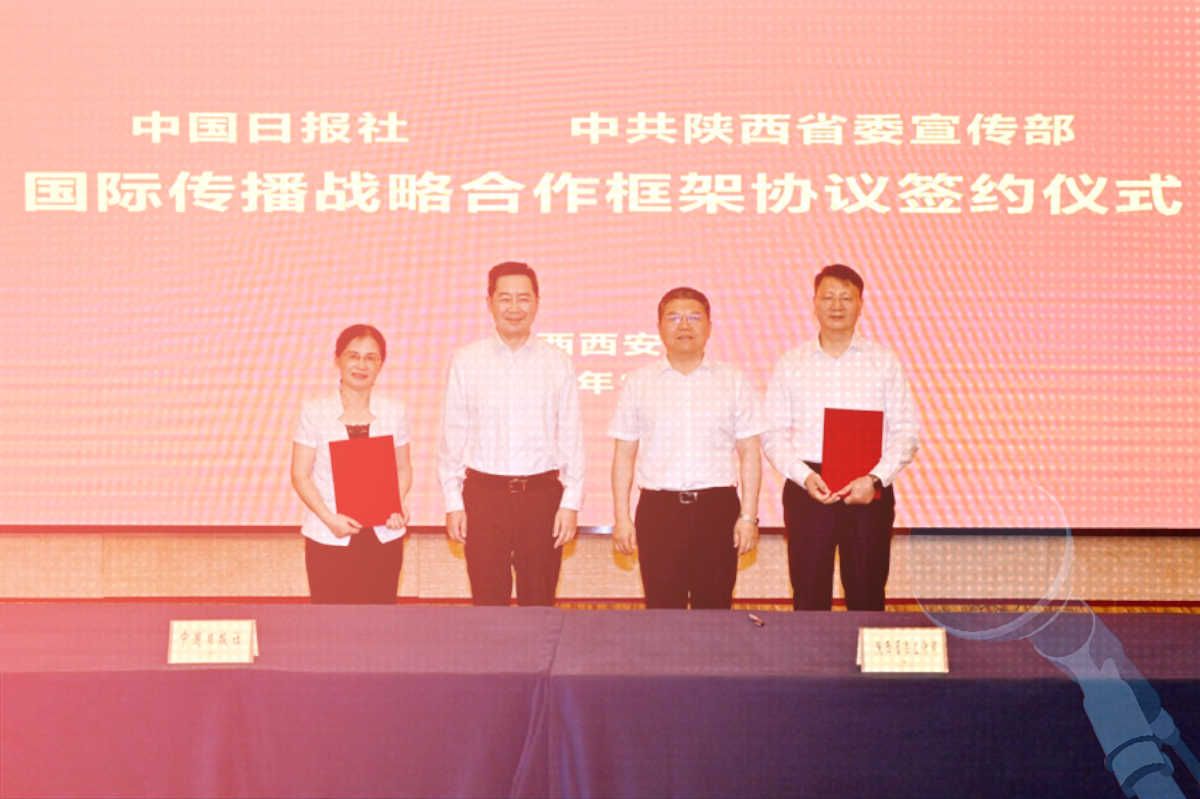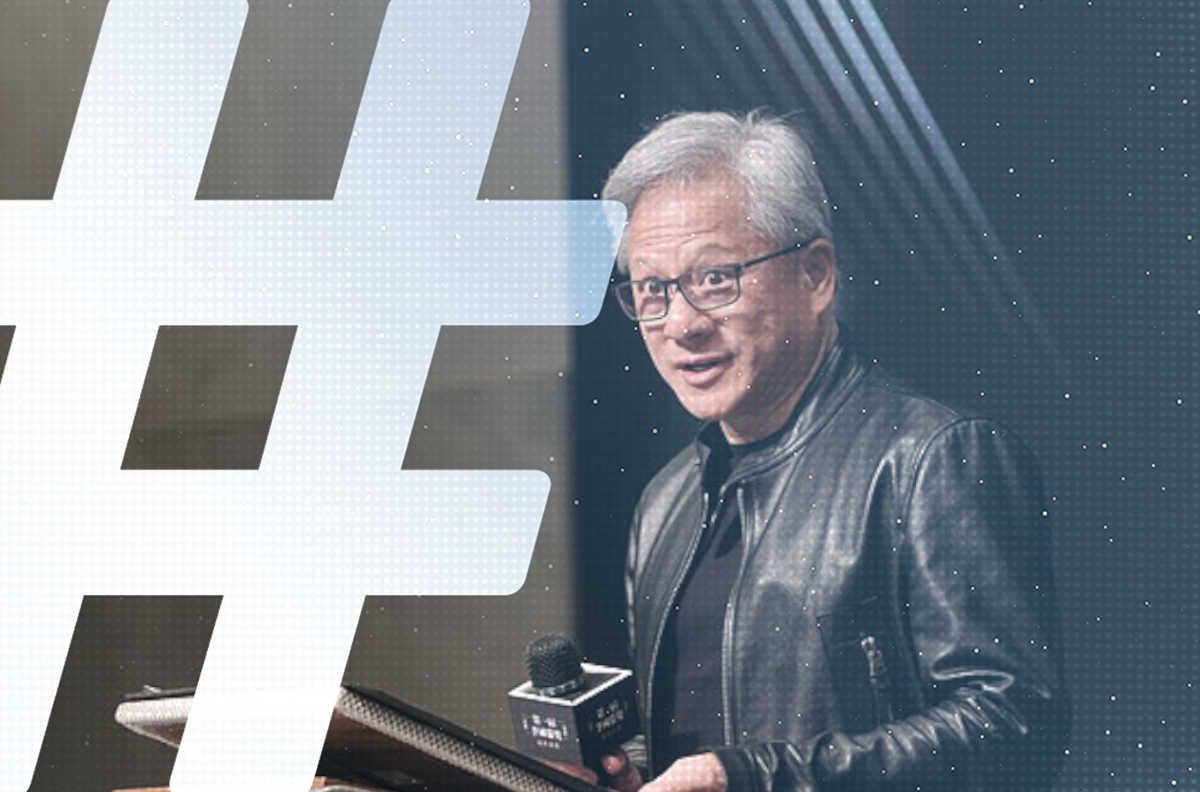Headlines and Hashtags
China Economic Times criticizes Yu Quanyu’s proposed drafting of law against “seditious speech”
The Beijing-based China Economic Times, a newspaper published by the Development Research Center (DRC) of China’s State Council, today criticized a proposal by CPPCC representative Yu Quanyu (喻权域) calling for the drafting of a law against seditious speech (惩治汉奸言论法) at China’s National People’s Congress, which is presently in session. [BELOW: Screenshot from www.mediaresearch.cn/ Yu Quanyu (in red square) reads his Little Red Book at a media research forum in 2002].
News of the proposal by Yu Quanyu, an outspoken Chinese leftist and opponent of press freedom in China, was reported yesterday in Hong Kong’s PRC-backed Wen Wei Po [Coverage from CMP]. As reported by Wen Wei Po, Yu Quanyu’s proposed law would target scholars and media that “twisted historical facts”, particularly surrounding important historical events such as the Japanese invasion of China.
The China Economic Times editorial argues that a law against “seditious speech” would be a violation of citizens’ rights under China’s constitution, and that a greater plurality of views should be tolerated in Chinese society. Portions follow:
The “two meetings” [NPC and CPPCC] are the biggest platform [in China] for the expression of political ideas, and representatives and executive committee members have sufficient freedom to express themselves.
However, just because ideas [may seem] politically rational doesn’t mean they are accurate or practicable. The “anti-seditious speech law” proposed to the National People’s Congress by Yu Quanyu, for example, deserves further discussion. First of all, concerning the research of history in China since the Opium War, this area has been quite lively in recent years, and some scholars have raised their own points of view at variance [with past accounts] and not overstepping the bounds of academic scholarship. Discussion among the people, even if it is this so-called “seditious” criticism, is all the same a sign of greater multiplicity and political tolerance in Chinese society. Therefore, the creation of any law to restrict the speech of the people, even if it is founded on moral precepts, is nevertheless a violation of our constitution. There is no way to make a balanced and objective determination of what amounts to “seditious speech”. We can only make such determinations through a highly-charged subjectivity. Therefore, the probable result [of such a law] is the conscious cover-up and suppression of normal civic discourse.




















